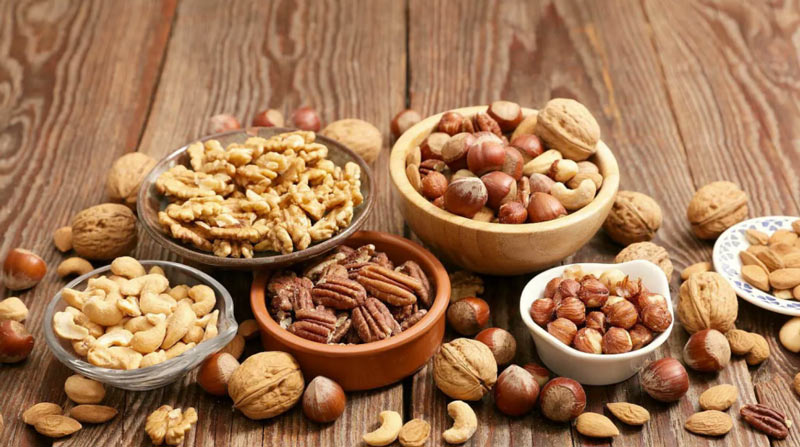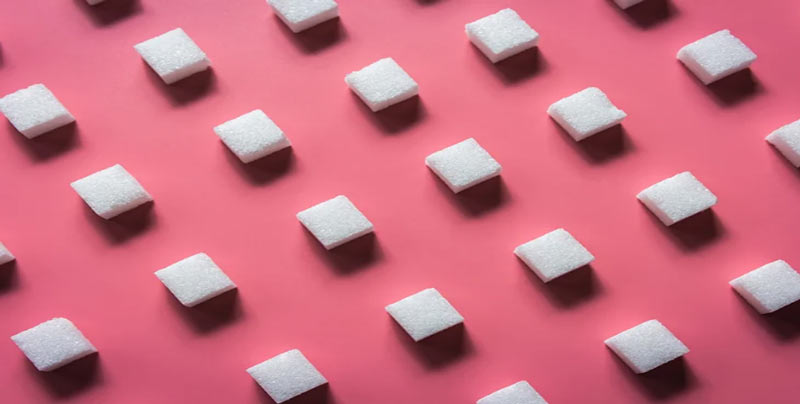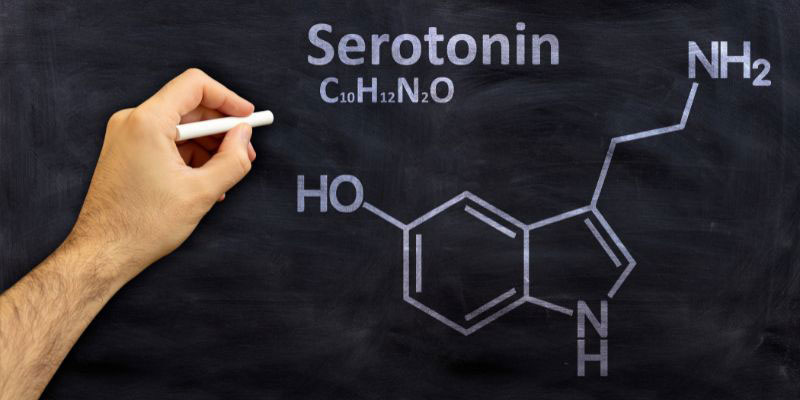Do you have fatty liver disease? Studies suggest that about a quarter of all adults in the U.S. do, making it one of the most common diseases worldwide. This staggering statistic is concerning, especially considering the serious complications this condition can bring if left unmanaged—including cirrhosis and an increased risk for type 2 diabetes and cardiovascular events such as stroke or heart attack.
Luckily, with proper diet management and lifestyle changes, your fat deposit buildup in your liver can be drastically reduced and your health improved! In this blog post, we'll discuss what to eat when you have fatty liver disease so you can prevent further damage to your body and live healthier lives for years to come.
So keep reading to learn more about why nutrition matters regarding fatty liver disease - including which foods are best avoided, which should be eaten in moderation, and delicious meal ideas perfect for those managing their hepatic lipid levels!
Foods to Include in a Healthy Liver Diet
Greens to Prevent Fat Buildup
Leafy green vegetables like kale, collard greens, spinach, and Swiss chard are nutrient-dense foods that contain vitamins A and C, which help prevent fat buildup in the liver. Eat these veggies as side dishes or add them to smoothies or salads for a healthy way to get your daily dose of vitamins.
Low-Fat Dairy
Low-fat dairy products such as yogurt and cheese are great protein, calcium, magnesium, and phosphorus sources. All of these minerals help to increase bile flow in the liver which helps prevent fat buildup. Choose low-fat varieties like nonfat Greek yogurt or 1% cottage cheese for a tasty way to give your liver an extra boost.
Legumes and Beans
Legumes like lentils, chickpeas, and beans are high in protein and fiber, which can help keep you fuller for longer — reducing your risk of overeating. They also contain essential vitamins and minerals such as iron, zinc, copper, manganese, magnesium, phosphorus, potassium, calcium, folate, and B vitamins, all of which can help protect the liver from fat buildup.
Whole Grains
Whole grains such as quinoa, oats, brown rice, and barley are high in fiber and essential nutrients like folate and B vitamins which help reduce fat accumulation in the liver. Eating whole grains can also help lower cholesterol levels which is beneficial for those with fatty liver disease, as high cholesterol can worsen the condition.
Fruits
Fruit is a great way to get important vitamins and minerals into your diet, especially those rich in vitamin C, such as oranges, grapefruit, kiwi, and strawberries. Eating more fruit can also help reduce inflammation, which is beneficial for managing fatty liver disease.
Nuts and Seeds
Nuts and seeds are high in magnesium, zinc, selenium, and other essential minerals, which help reduce fat deposits in the liver. They also make a great snack option high in protein and healthy fats such as omega-3s. Add nuts or seeds to salads or smoothies for a nutritious and tasty snack.
Vegetable Oils
Monounsaturated fats, found in vegetable oils like olive and canola oil, are beneficial for the liver as they help reduce fat buildup. Try using these healthier oils when cooking instead of butter or margarine to get a healthy dose of monounsaturated fats into your diet.
Lean Protein Sources
Eating lean proteins such as chicken, turkey, fish, and low-fat dairy can help reduce fat accumulation in the liver. Aim to include a source of lean protein at each meal for optimal health benefits.
Herbs and Spices
Herbs and spices like garlic, ginger, oregano, and turmeric contain anti-inflammatory properties that can help reduce inflammation. Try adding a variety of herbs and spices to your meals for an extra boost of flavor and health benefits.
Water
Staying hydrated is key when managing fatty liver disease. Aim to drink at least 8 cups of water daily, or try infusing your water with fruits and herbs for an extra boost of vitamins and minerals.
Types of Foods to Avoid If You Have Fatty Liver Disease
While there is no "one-size-fits-all" diet for everyone with fatty liver disease, following a healthy diet and avoiding certain foods can help reduce fat accumulation in the liver. Here are 8 types of food that should be avoided to ensure optimal health:
Fried Foods
Fried foods contain trans fats, which can increase fat buildup in the liver and worsen fatty liver disease. Avoid fried foods such as french fries, crisps, chips, and other processed snack foods.
Sugary Drinks
Sugary drinks are high in calories and contain added sugar which can increase fat accumulation in the liver. Avoid soda, energy drinks, and other sugary beverages to reduce your risk of fatty liver disease.
Processed Meats
Processed meats contain high amounts of sodium and saturated fat, which can worsen fatty liver disease. Avoid processed meats such as bacon, ham, salami, hot dogs, and other cured or smoked meats.
Red Meat
Red meat is high in fat and cholesterol, which can increase fat buildup in the liver. Try limiting red meat to once or twice a week and opt for leaner cuts such as flank steak or sirloin.
Refined Grains
Refined grains like white bread, white rice, and pasta are low in fiber which can worsen fatty liver disease. Look for whole grain alternatives or incorporate other grains like quinoa or barley into your diet.
Full-Fat Dairy
Full-fat dairy products are high in saturated fat, which can increase fat buildup in the liver and worsen fatty liver disease. Opt for low-fat milk, cheese, and yogurt instead to reduce your risk.
Alcohol
Alcohol is metabolized in the liver and can increase fat accumulation. Avoid alcohol or limit your consumption to no more than one drink per day if you have fatty liver disease.
Artificial Sweeteners
Artificial sweeteners such as saccharin, aspartame, and sucralose can worsen fatty liver disease, so avoid them. Natural sweeteners like stevia, monk fruit, and honey are healthier alternatives.
By making simple dietary changes and avoiding certain foods, you can reduce fat buildup in the liver and manage your fatty liver disease. Here are a few delicious recipes that are perfect for those managing their hepatic lipid levels:
FAQs
What are some tasty meal ideas for those managing their fatty liver disease?
A: Try whole-grain quinoa with roasted vegetables and grilled fish. Or, make a healthy stir fry with lean protein like chicken breast and lots of colorful veggies. For breakfast, try an omelet with mushrooms, onions, bell peppers, spinach or a bowl of oatmeal topped with nuts, fresh fruit, and a drizzle of honey.
Is there a recommended diet for people with fatty liver disease?
A: While there is no one-size-fits-all diet for everyone with fatty liver disease, following a healthy diet and avoiding certain foods can help reduce fat accumulation in the liver. Eating more whole grains, fruits, nuts and seeds, lean proteins, vegetable oils, herbs and spices, and drinking plenty of water can help reduce fat buildup in the liver.
Is exercise important for people with fatty liver disease?
A: Absolutely! Regular physical activity is essential for managing fatty liver disease and reducing fat accumulation in the liver. Try incorporating moderate-intensity activities such as walking, swimming, or cycling into your routine for best results. Strength training is also beneficial for managing fatty liver disease as it helps reduce fat and increase muscle mass.
Conclusion
Managing fatty liver disease starts with making healthy lifestyle changes. Eating a balanced diet low in saturated fat and refined grains and avoiding certain foods can help reduce fat accumulation in the liver. Regular physical activity is also important for managing this condition, as it helps reduce fat and increase muscle mass. Proper diet and lifestyle management can reduce your risk for serious complications and help you live healthier lives for years.






